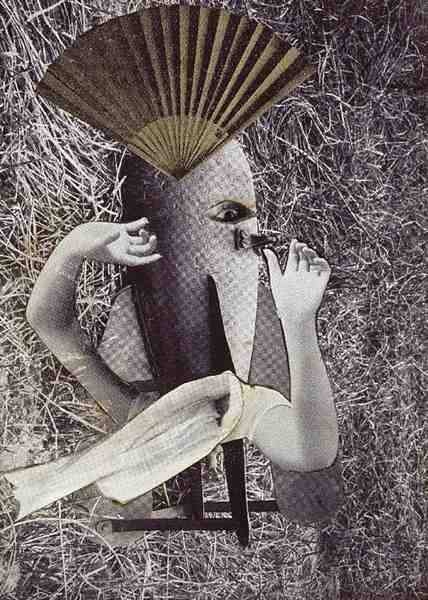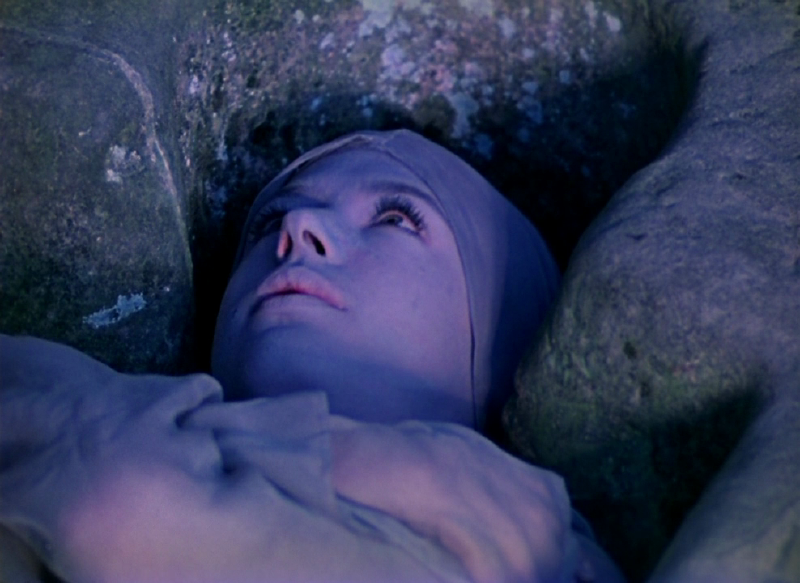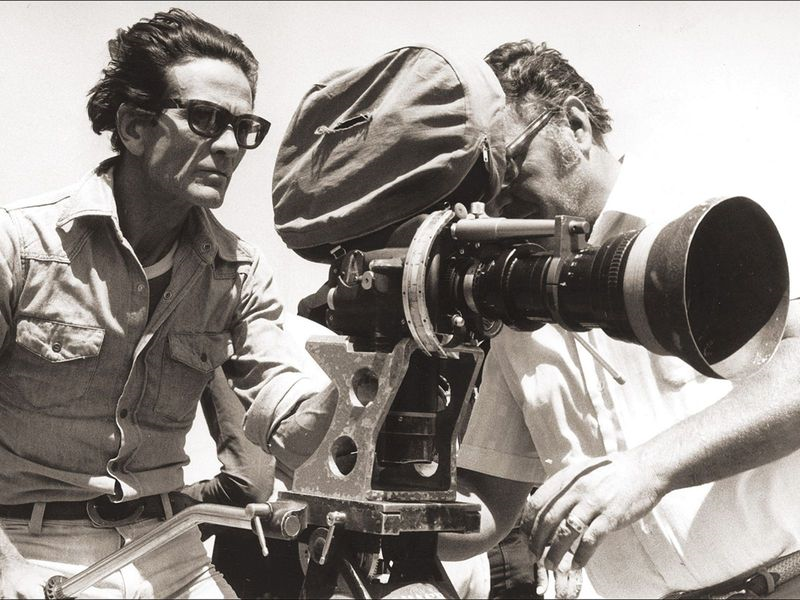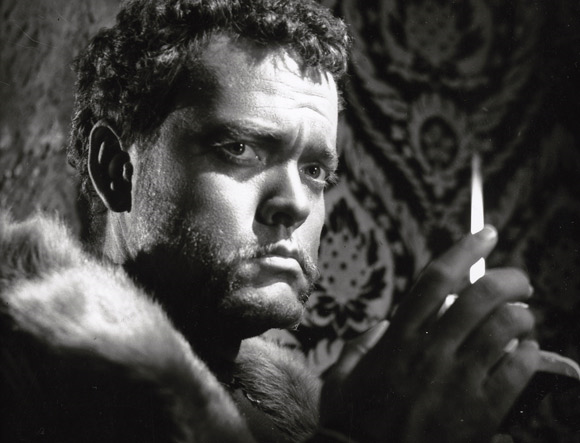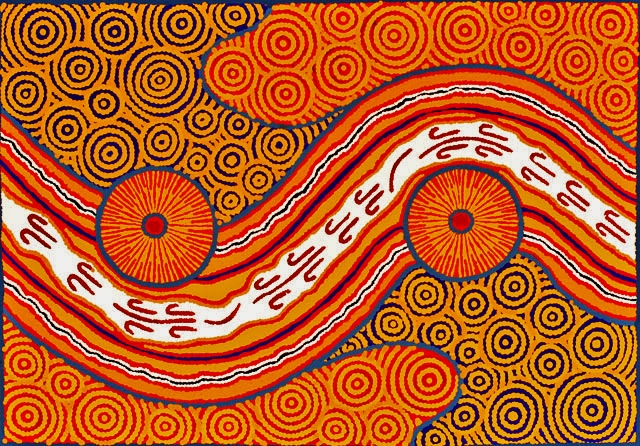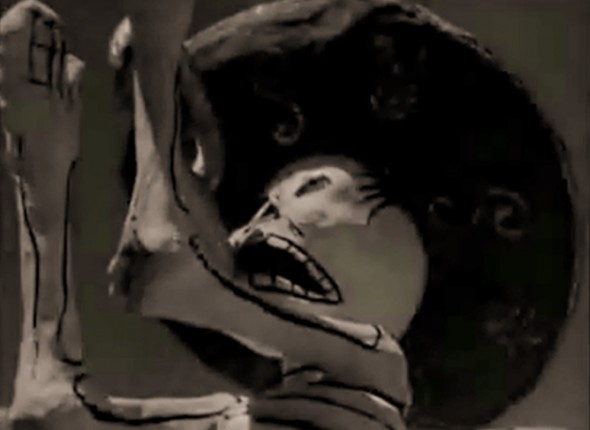Guy Zimmerman, in reviewing the new Wall Street film The Big Short, muses on the desperate conformity required in today’s entertainment in this new Gilded Age of oligarchy and disempowerment that has overtaken culture in the U.S.
Film
Dada as the Antidote to War and Capitalism
In the sobering aftermath of World War I in Zurich, Dada preached a radical-yet-whimsical philosophy of creativity, a self-styled anti-art. Random and meaningless by definition, calculatedly irrational by design, for a short time the movement spread like revolt to the US and across Europe, voicing the bizarre protest of a brave new community of artists and writers.
Lucifer Rising: God of Light and Color in Experimental Film
Lucifer Rising is Kenneth Anger’s portrait of the love generation, the dawning of a new age and morality. Inspired by the ancient solar religions and conceived with occultist Aleister Crowley’s vision of the Age of Aquarius.
The Ongoing Reconsideration of Pier Paolo Pasolini
Champion of the disinherited of postwar Italy, Pier Paolo Pasolini’s masterworks prefigured his country’s fall to a consumerist Heart of Darkness, an uncompromising vision that may have led to his own wretched death. A biopic by Abel Ferrara that premiered at the Venice biennale reconstructed the last hours of the Italian film director, who was murdered in 1975.
Orson Welles: Tragic Hero, Sacred Monster, Profane Clown
Orson Welles, the cinematic genius who ended his days selling cheap wine, was both noble and feeble, titanic and pathetic, sacred monster and profane clown, says Peter Conrad. We take samples from his oeuvre, his noir thriller The Stranger and his stylistic fragmentation, Othello.
Walkabout: Following Songlines Beyond the Western Frame
Walkabout, vision quest, walking in Dreamtime, all of it refers to a particular rite of passage from the indigenous Australians, but also in evidence in animist cultures throughout the world. The 1971 film of the same name narrates a young woman and her brother’s journey beyond their Western frame, but never quite able to follow the ancestor paths, or songlines, of the land.
B. Traven’s “Macario” – Magical Realist Journey on Day of the Dead
The Mexican film Macario (1960) weaves a tale of magical realism – with special appearances by God, the Devil and Death. It all begins on the Day of the Dead, when a campesino named Macario goes on a hunger strike. B. Traven, the mysterious German writer exiled in Mexico, wrote the story, inspired from indigenous folk tales.


